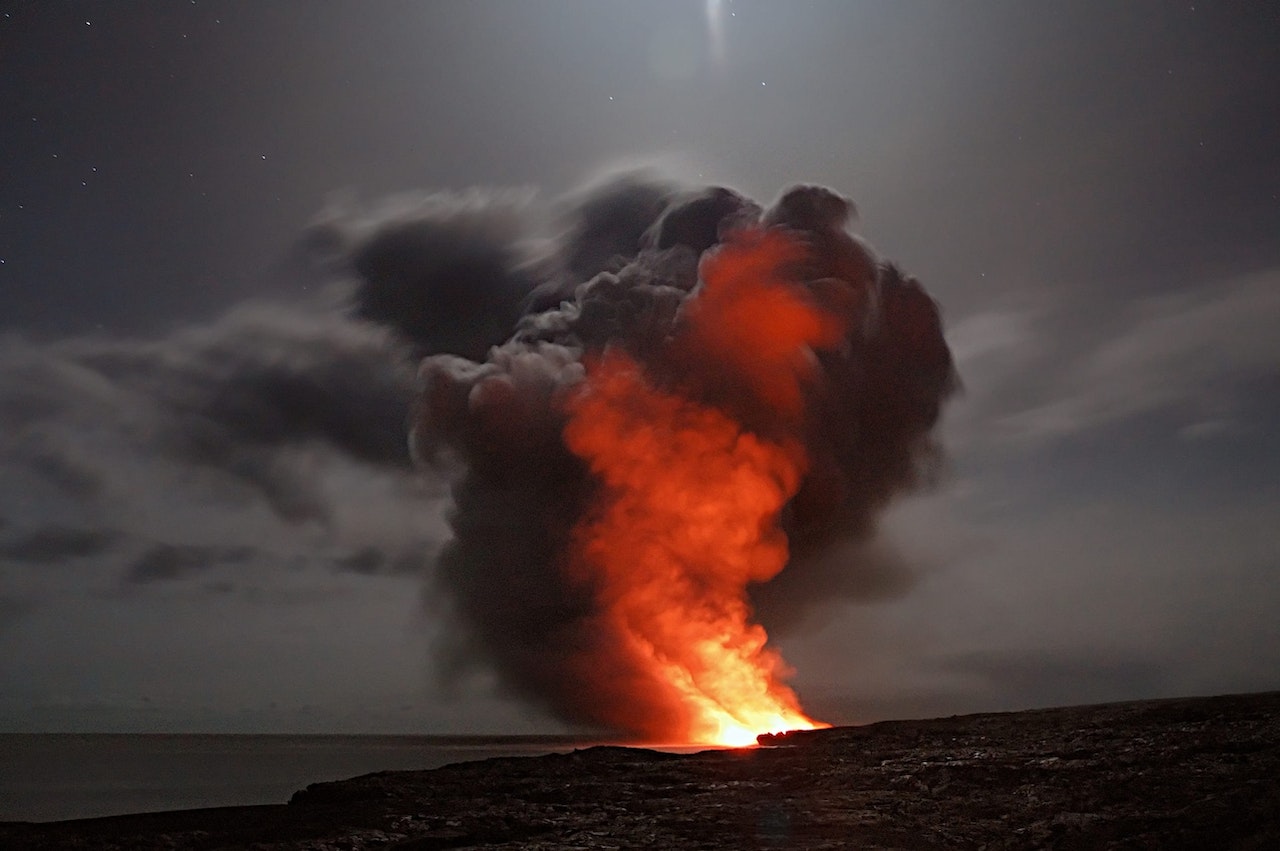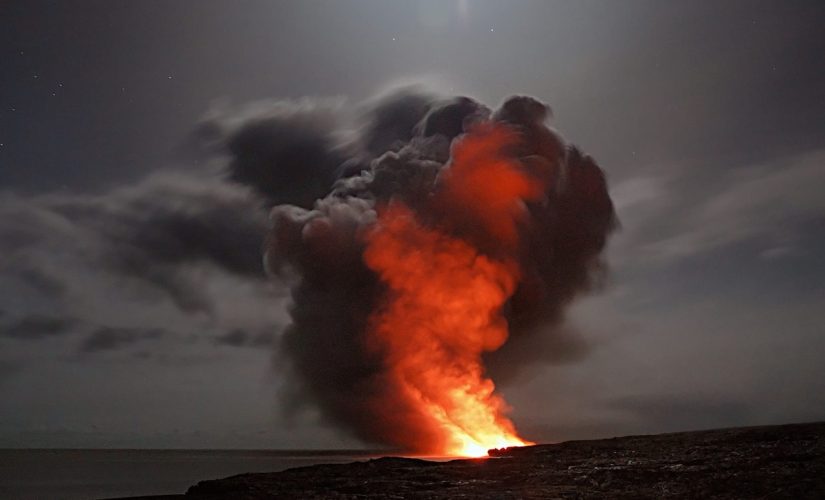Nuclear ambiguity in the spotlight after Israeli minister’s suspension
Israeli Prime Minister Benjamin Netanyahu has indefinitely suspended Heritage Minister Amichai Eliyahu from cabinet meetings. The suspension came after Eliyahu’s […] The post Nuclear ambiguity in the spotlight after Israeli minister’s suspension appeared first on ReadWrite.


Israeli Prime Minister Benjamin Netanyahu has indefinitely suspended Heritage Minister Amichai Eliyahu from cabinet meetings. The suspension came after Eliyahu’s controversial remark that using nuclear weapons against Gaza was “one of the possibilities.”
This statement has not only shocked many for its content but also because it touches upon the open secret of Israel’s nuclear capabilities — a subject that the government has never officially acknowledged.
Eliyahu’s comment is significant, especially when considering Israel’s recent heavy bombardment of Gaza in retaliation for the Oct. 7 Hamas attack. The scale of the bombings and the minister’s comments have brought Israel’s defense policies and capabilities, including its nuclear stance, under scrutiny.
The global implications of Israel’s nuclear policy
The U.S. has been a significant supporter of Israel’s military, providing an estimated $260 billion since World War II. This support highlights the intricate relationship between U.S. foreign policy, Israel’s security measures, and the overarching objectives of nuclear non-proliferation.
The policy of ‘amimut’ and its consequences
The concept of “amimut” has been a cornerstone of Israeli defense policy for decades. It is a strategy of deliberate ambiguity. It neither confirms nor denies the possession of nuclear weapons. This approach is encapsulated in the oft-repeated official line: “Israel won’t be the first to introduce nuclear weapons into the Middle East.” The interpretation of “introduce,” however, has been a subject of debate.
Vice recently reported on Israel’s nuclear policy and history, which is designed to deter potential threats while avoiding the complications of openly admitting to possessing nuclear weapons. However, Eliyahu’s comments have inadvertently brought this policy to the forefront of global discourse, challenging the traditional narrative maintained by Israeli officials.
Historical context and international relations
The history of Israel’s nuclear program is complex and closely intertwined with its relationship with the United States. A pivotal moment occurred following a 1969 meeting between President Nixon and Israeli Prime Minister Golda Meir, after which the U.S. softened its stance on Israel’s nuclear development. The Vice article Israel’s nuclear armaments provides a comprehensive look at these developments, detailing the history of diplomacy and secrecy that has characterized Israel’s nuclear… something.
The Vice article delves into the historical context of Israel’s nuclear development, starting in the 1950s with assistance from France. (Do read Matthew Gault’s reporting for more context.)
As the world watches, the debate over Israel’s nuclear capabilities and its policy of ambiguity continues to unfold.
![]()
Maxwell William
Maxwell William, a seasoned crypto journalist and content strategist, has notably contributed to industry-leading platforms such as Cointelegraph, OKX Insights, and Decrypt, weaving complex crypto narratives into insightful articles that resonate with a broad readership.

 JimMin
JimMin 
































